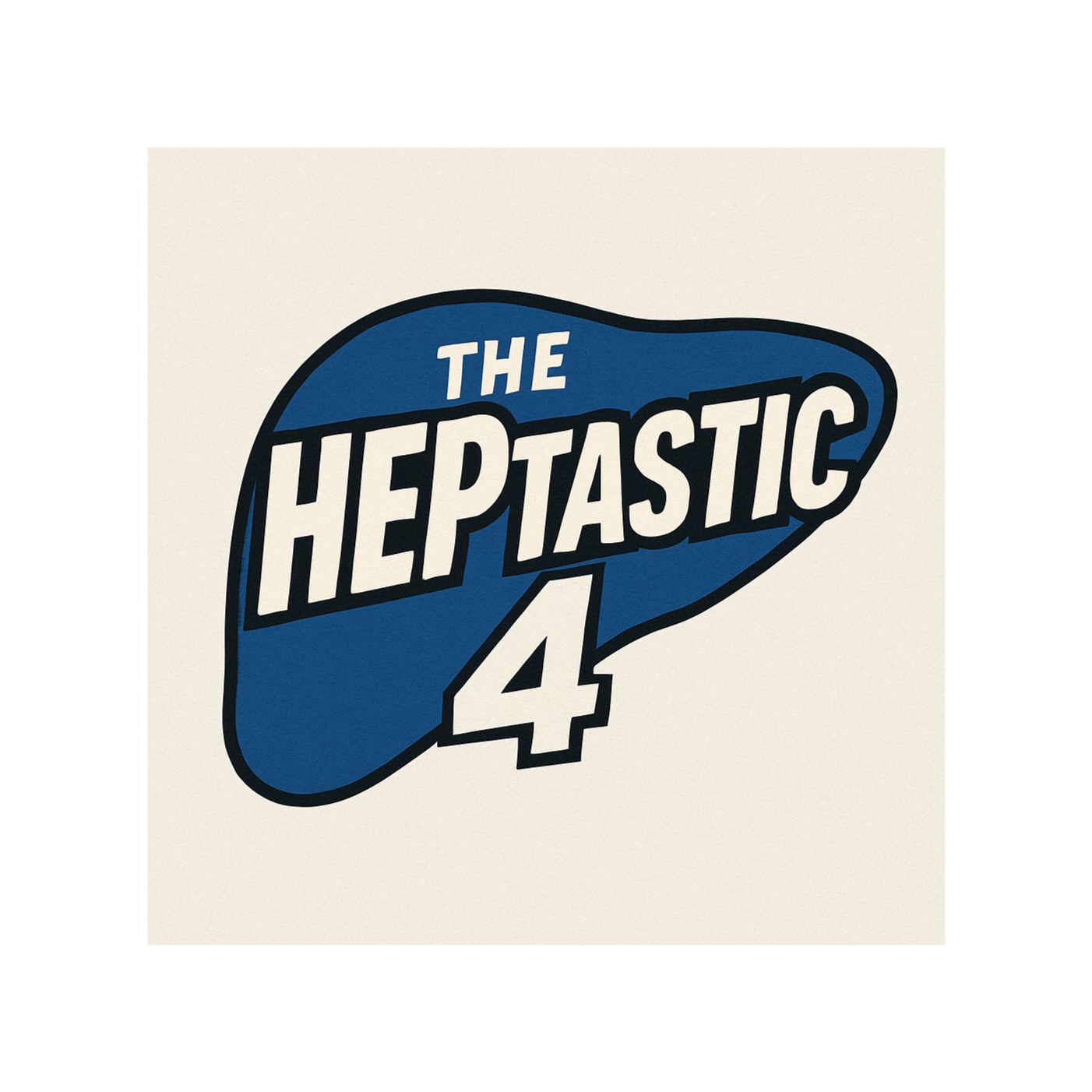Listen "STOP-NUC trial: Hepatitis B Functional Cure by Treatment Cessation"
Episode Synopsis
Nucleos(t)ide Analogue Cessation in HBeAg-Negative Chronic Hepatitis B (STOP-NUC Trial)Source: Excerpts from "STOP-NUC.pdf" - A multicenter randomized-controlled trial of nucleos(t)ide analogue cessation in HBeAg-negative chronic hepatitis B. Journal of Hepatology 2023.Executive SummaryThe STOP-NUC trial, a multicenter, randomized-controlled study, investigated the efficacy and safety of discontinuing nucleos(t)ide analogues (NUCs) in HBeAg-negative chronic hepatitis B patients who had achieved long-term viral suppression. The study found that cessation of NUC treatment was associated with a significantly higher rate of HBsAg loss (functional cure) compared to continued NUC treatment (10.1% vs 0%, p = 0.006). This beneficial effect was largely concentrated in patients with lower baseline HBsAg levels (<1,000 IU/ml), where the HBsAg loss rate reached 28%. The trial concluded that controlled NUC discontinuation is an effective and safe approach for achieving functional cure in a relevant proportion of HBeAg-negative patients without cirrhosis, especially those with low HBsAg levels at the time of cessation.Key Findings:HBsAg Loss (Functional Cure): 10.1% of patients who stopped treatment achieved HBsAg loss vs 0% who continued (p = 0.006). The effect was more striking in patients with baseline HBsAg <1,000 IU/ml—28% achieved HBsAg loss in this group.HBsAg Seroconversion: 7.6% developed protective anti-HBs antibodies after stopping NUCs, compared to none in the continuation group.Sustained Remission Without Retreatment: 41% of patients who stopped NUCs maintained viral control (HBV DNA <2,000 IU/ml and normal ALT) over 96 weeks.Predictors of Success: Lower end-of-treatment HBsAg levels were strongly predictive of cure. HBsAg loss was not influenced by the specific NUC (TDF or ETV) used.Safety: While ALT flares occurred in 35.4% of those who stopped therapy, most were mild and self-resolving. Only 13.9% required retreatment. No serious adverse events related to cessation were reported.What This Means for Patients: The findings suggest that in HBeAg-negative patients with sustained viral suppression and low HBsAg levels, stopping NUC treatment under medical supervision could lead to a real chance at functional cure—something rarely achieved with lifelong therapy. The mechanism may involve a kind of “immune reset” triggered by controlled viral reactivation.Limitations & Future Directions:The study included only European patients; future trials are needed in Asia and Africa to assess applicability across HBV genotypes.The trial highlights the need for better biomarkers to predict who will benefit most from cessation.Long-term follow-up is underway to confirm durability of cure and safety beyond 96 weeks.Bottom Line: The STOP-NUC trial has opened the door to a more personalized, finite treatment approach in chronic hepatitis B. For select patients, stopping therapy might not just be safe—it might offer the best shot at a cure.
More episodes of the podcast HEPtastic Waves – Surfing the latest in hepatology for the HEPtastic Four
UK's NHS Opt-Out Testing_5Jun25
05/06/2025
Spain's Mobile Hepatitis Testing_5Jun25
05/06/2025
Germany's Check-Up 35 Program - 5 Jun 25
05/06/2025
 ZARZA We are Zarza, the prestigious firm behind major projects in information technology.
ZARZA We are Zarza, the prestigious firm behind major projects in information technology.
